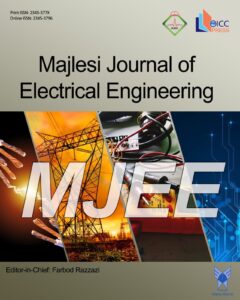A Comparative Study of Space Search Algorithm and Particle Swarm Optimization in the Design of ANFIS-based Fuzzy Models
Authors
Abstract
In this study, we propose a space search algorithm (SSA) and then introduce a hybrid optimization of ANFIS-based fuzzy models based on SSA and information granulation (IG). In comparison with “conventional” evolutionary algorithms (such as PSO), SSA leads not only to better search performance to find global optimization but is also more computationally effective. In the hybrid optimization of ANFIS-based fuzzy inference system, SSA is exploited to carry out the parametric optimization of the fuzzy model as well as to realize its structural optimization. IG realized with the aid of C-Means clustering helps determine the initial values of the apex parameters of the membership function of fuzzy model. The overall hybrid identification of ANFIS-based fuzzy models comes in the form of two optimization mechanisms: structure identification (such as the number of input variables to be used, a specific subset of input variables, the number of membership functions, and polynomial type) and parameter identification (viz. the apexes of membership function). The structure identification is developed by SSA and C-Means while the parameter estimation is realized via SSA and a standard least square method. The evaluation of the performance of the proposed model was carried out by using three representative numerical examples such as Non-linear function, gas furnace, and Mackey-Glass time series. A comparative study of SSA and PSO demonstrates that SSA leads to improved performance both in terms of the quality of the model and the computing time required. The proposed model is also contrasted with the quality of some “conventional” fuzzy models already encountered in the literature.



